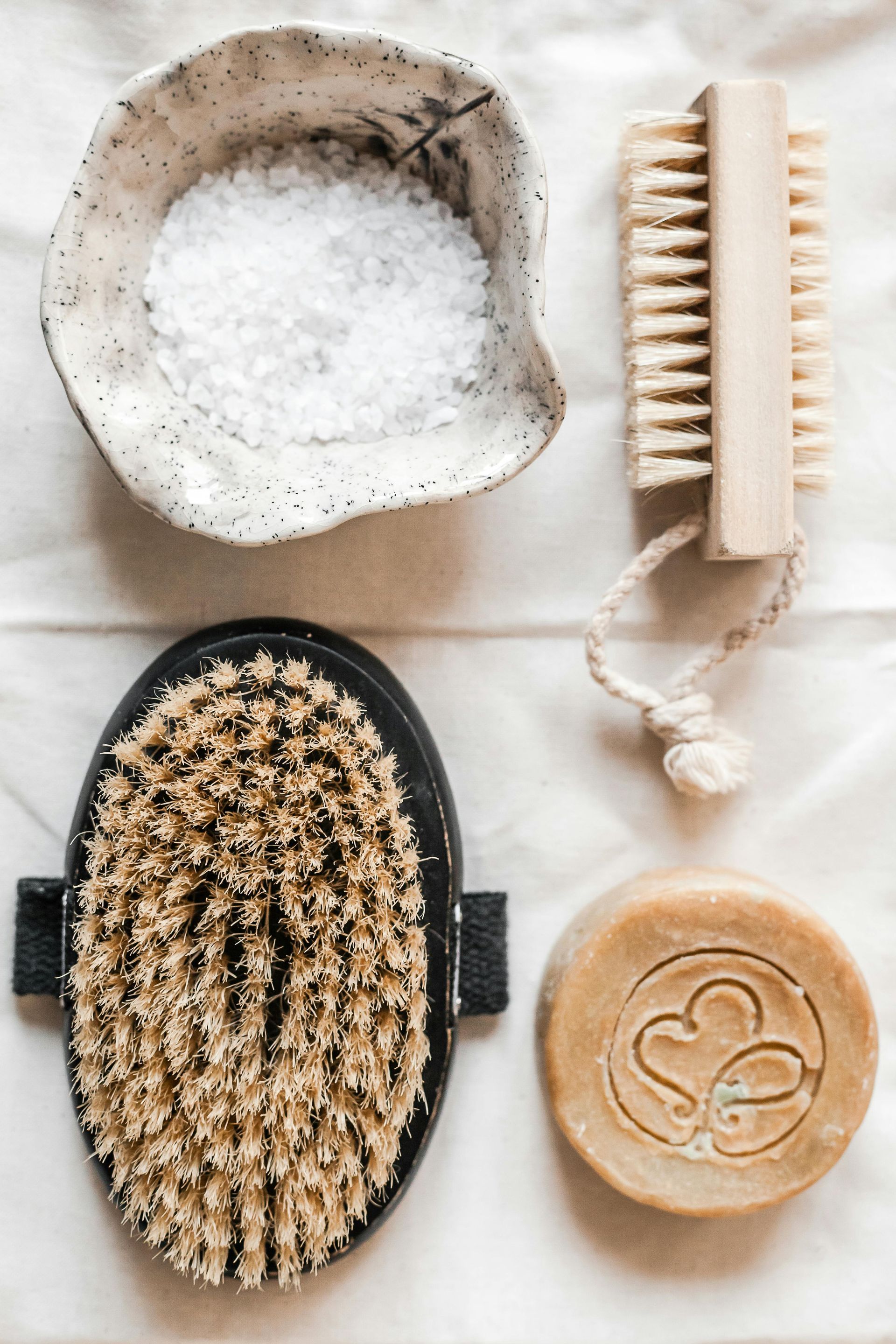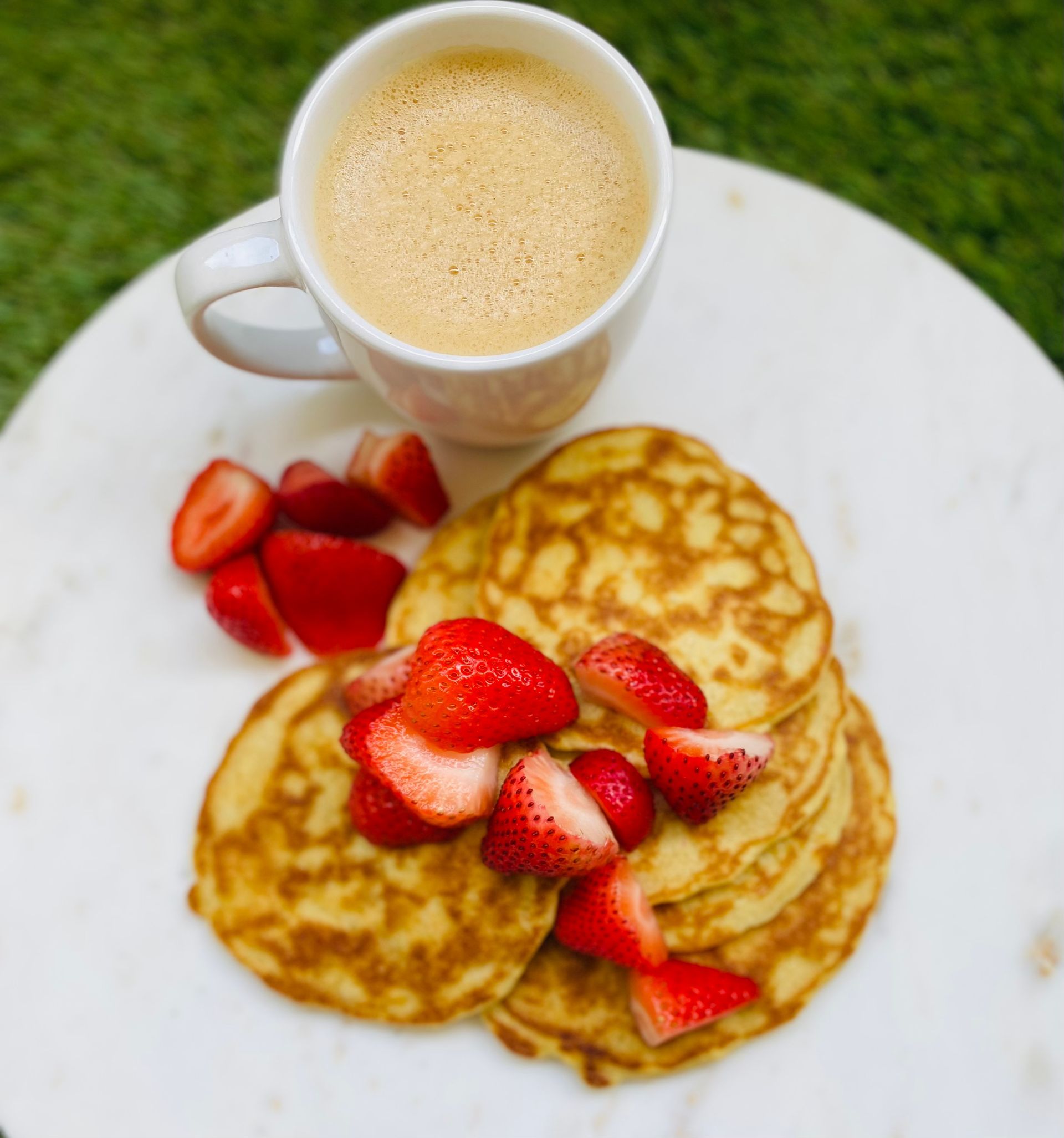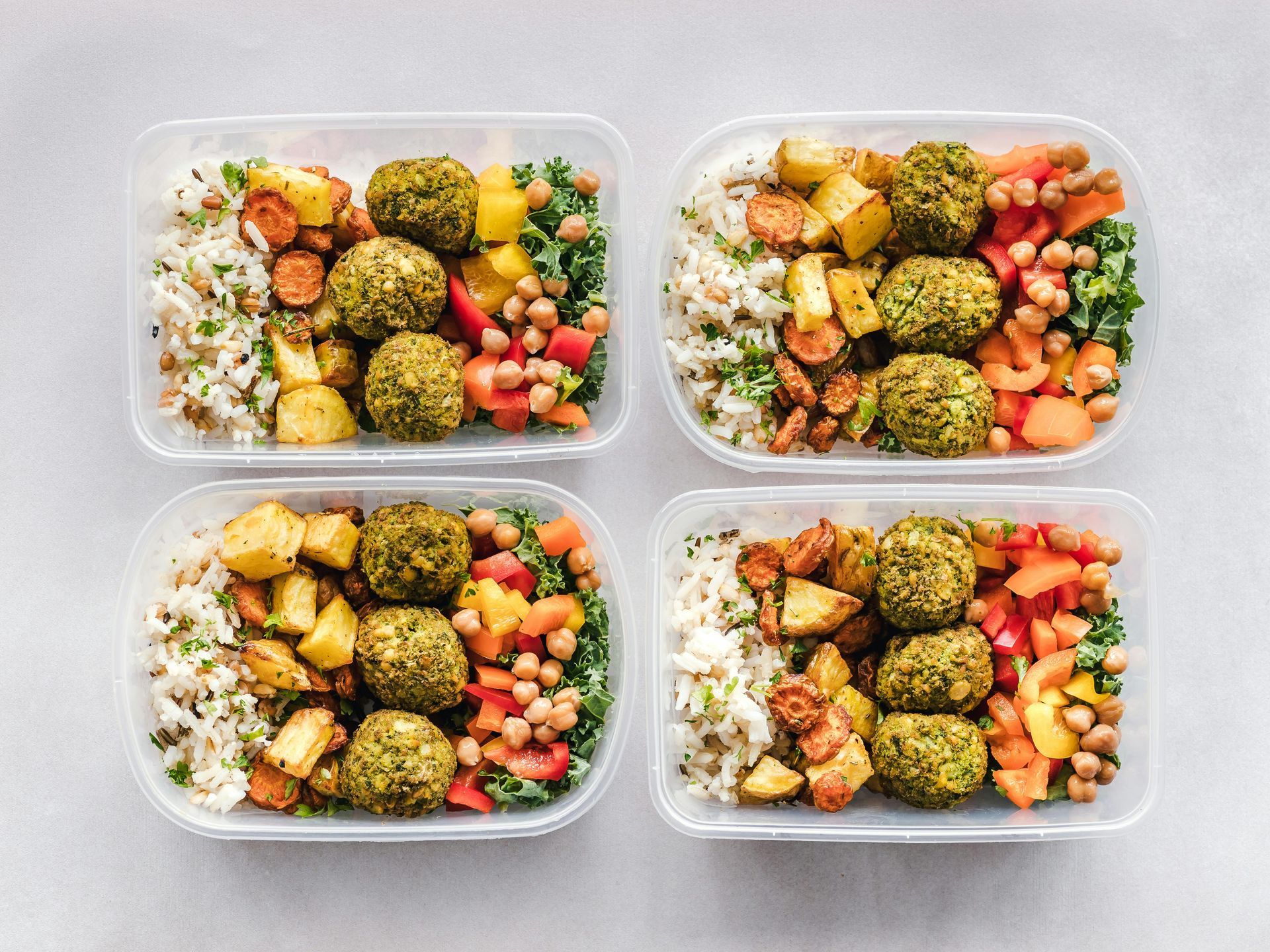Why Collagen Matters (and What Works in Real Life)
What is collagen?

As a medical assistant with a passion for holistic wellness and anti-aging, I’ve spent years watching how lifestyle choices shape how people look, feel, and age. One of the biggest secrets I’ve learned is this: collagen isn’t just a skincare buzzword — it’s a critical protein that affects your skin, joints, hormones, and overall vitality.
Collagen acts like the “glue” that holds your skin firm and your connective tissues strong. But starting in our mid-20s, collagen production begins to decline — leading to wrinkles, sagging skin, and weaker hair and nails. Environmental toxins, stress, poor diet, and lack of sleep can accelerate this process.
While topical products and treatments can help, the most powerful collagen support starts inside your body — with the foods you eat every day. This is where holistic anti-aging meets evidence-based nutrition.
What Is Collagen and Why It Declines
Collagen is the most abundant protein in the human body. It provides structure for skin, tendons, cartilage, and bones. There are several types of collagen, but type I and III are most abundant in the skin.
As we age, collagen fibers become fragmented and cross-linked, and fibroblasts (the cells that make collagen) slow down. Sun exposure, pollution, smoking, sugar, and stress all contribute to collagen breakdown (Varani et al., 2006; Shuster et al., 1975).
The good news? Research shows that nutrients like vitamin C, amino acids, antioxidants, and healthy fats can help stimulate collagen synthesis and reduce oxidative stress — slowing the visible signs of aging from the inside out.
Top Anti-Aging Foods to Support Collagen Naturally
🥩 1. Bone Broth
Bone broth is a natural source of collagen, gelatin, amino acids (like proline and glycine), and minerals. These compounds support your skin’s structure, joints, and gut health.
Why it works:
• Provides building blocks for collagen production
• Supports the gut lining, which is closely tied to inflammation and skin health
How to use:
Sip a warm mug daily or use it as a base for soups and sauces.
2. Vitamin C–Rich Vegetables (Broccoli, Kale, Bell Peppers)
Vitamin C is essential for collagen synthesis. Without it, collagen can’t form properly. It also acts as a powerful antioxidant, protecting collagen from damage caused by free radicals (Pullar et al., 2017).
Why it works:
• Stimulates fibroblast activity
• Helps stabilize collagen molecules
• Protects against UV-induced skin damage
How to use:
Lightly steam or roast these vegetables to preserve nutrients. Pair them with healthy fats to increase absorption.
3. Eggs (Especially the Whites and Yolks)
Egg whites are rich in proline, a key amino acid for collagen formation, while yolks contain choline and healthy fats that support cell membrane health and hormonal balance.
Why it works:
• Supplies essential amino acids
• Supports skin elasticity and hydration
How to use:
Add soft-boiled or poached eggs to salads, bowls, or breakfast dishes.
🫐 4. Berries (Blueberries, Strawberries, Raspberries)
Berries are loaded with vitamin C and polyphenols — compounds that fight oxidative stress and help prevent collagen degradation.
Why it works:
• Reduces inflammation
• Neutralizes free radicals
• Supports skin’s ability to regenerate
How to use:
Add them to smoothies, overnight oats, or enjoy fresh as a snack.
5. Healthy Fats (Avocado, Olive Oil, Fatty Fish)
Healthy fats keep skin supple and reduce inflammation, which is crucial for preserving collagen integrity. Omega-3 fatty acids, in particular, support the dermal layer and prevent dryness (Pilkington et al., 2021).
Why it works:
• Provides structural support to skin
• Reduces inflammation and oxidative stress
• Helps absorb fat-soluble antioxidants like vitamin E
How to use:
Drizzle avocado or olive oil over meals, or eat salmon a few times per week.
6. Herbs & Spices (Turmeric, Ginger, Green Tea)
These ingredients contain polyphenols and antioxidants that protect collagen from glycation and environmental damage.
Why it works:
• Anti-inflammatory properties
• Helps regulate cortisol levels (stress hormones) that accelerate aging
How to use:
Sprinkle turmeric on roasted veggies, drink ginger tea daily, or sip green tea between meals.
Other Collagen-Supporting Habits
Nutrition is powerful, but collagen support goes beyond the plate. These lifestyle choices amplify your results:
•
Hydration: Water is essential for plump, elastic skin.
•
Sun Protection: UV rays accelerate collagen breakdown.
•
Sleep: Collagen production spikes during deep sleep cycles.
•
Stress Management: Chronic stress raises cortisol, which degrades collagen.
When your diet and lifestyle work together, your skin reflects your internal health.
Medical Meets Holistic — Why This Works
As someone who has worked in both medical and wellness spaces, I’ve seen how patients often search for surface solutions while ignoring the deeper root causes of aging. While treatments like lasers and fillers can make a difference, they work best when your internal collagen foundation is strong.
Collagen-supporting nutrition:
• Improves skin density and elasticity
• Supports joints and mobility
• Promotes balanced hormones
• Reduces inflammation — a key factor in aging
Aging is inevitable, but how we age is a choice we can influence through daily habits.
Key Takeaway
You don’t need expensive products to build collagen — just a smart, holistic routine.
Start with:
• A daily serving of collagen-building foods
• Hydration + vitamin C
• Healthy fats and antioxidants
• Mindful lifestyle habits
✨ Your skin is a mirror of what’s happening inside your body. Feed it well, and it will thank you for years to come.
References
Pilkington, S. M., Bulloch, K. J., Armstrong, R., & Eadie, E. (2021). Effect of oral omega-3 fatty acid supplementation on the human skin barrier and its role in photoaging. Nutrients, 13(8), 2758. https://doi.org/10.3390/nu13082758
Pullar, J. M., Carr, A. C., & Vissers, M. C. (2017). The roles of vitamin C in skin health. Nutrients, 9(8), 866. https://doi.org/10.3390/nu9080866
Shuster, S., Black, M. M., & McVitie, E. (1975). The influence of age and sex on skin thickness, skin collagen and density. British Journal of Dermatology, 93(6), 639–643. https://doi.org/10.1111/j.1365-2133.1975.tb05113.x
Varani, J., Dame, M. K., Rittie, L., Fligiel, S. E., Kang, S., Fisher, G. J., & Voorhees, J. J. (2006). Decreased collagen production in chronologically aged skin. American Journal of Pathology, 168(6), 1861–1868. https://doi.org/10.2353/ajpath.2006.051302







